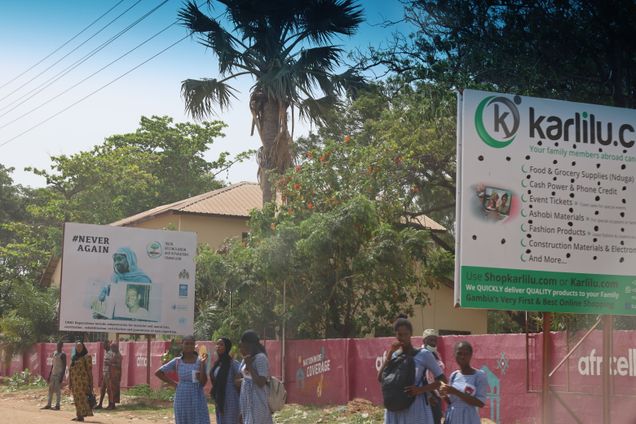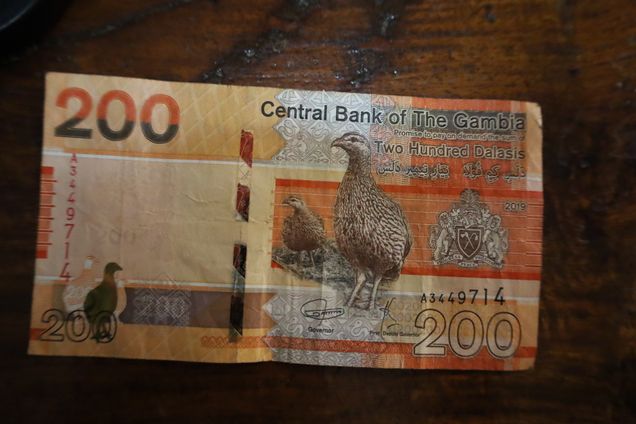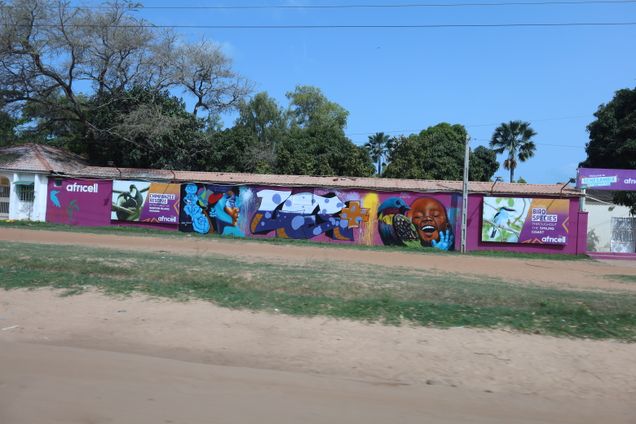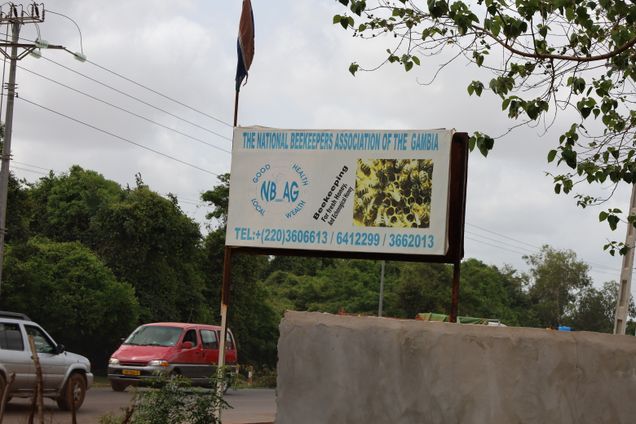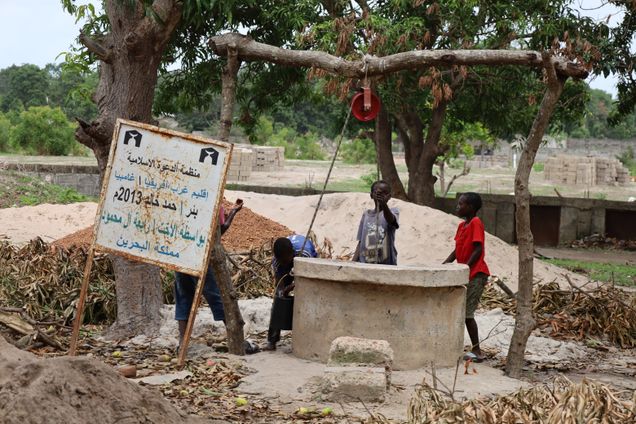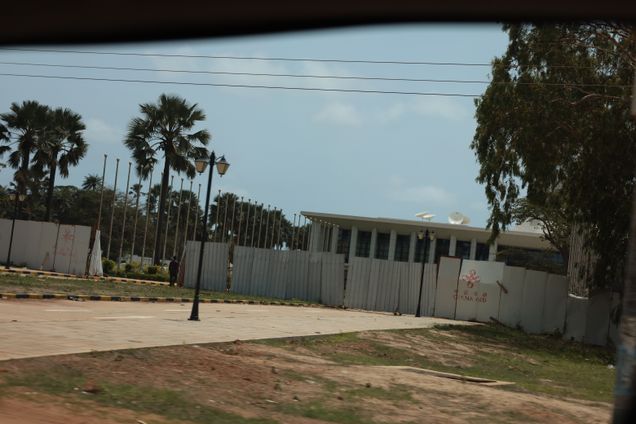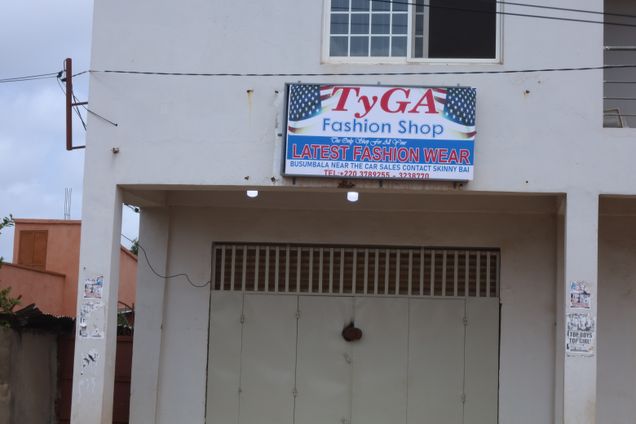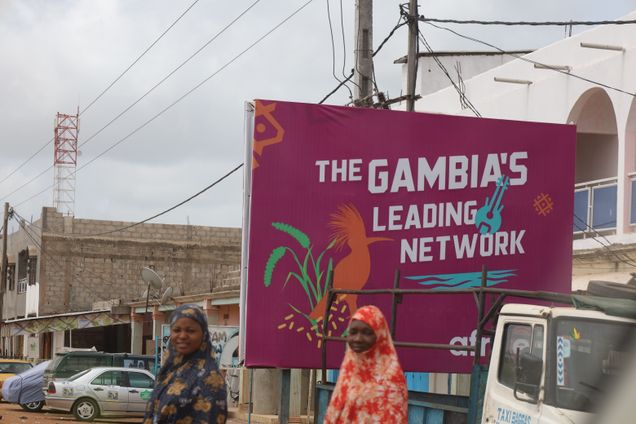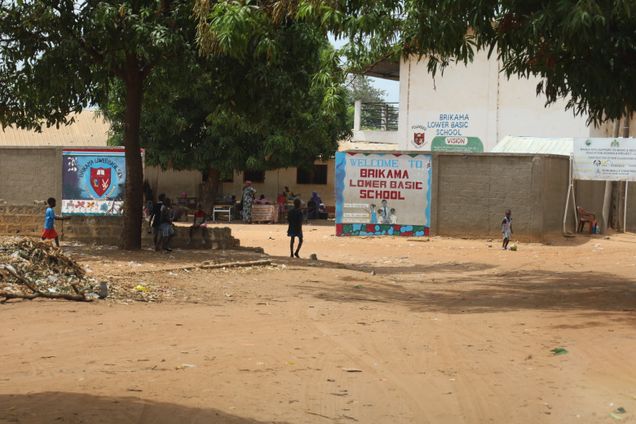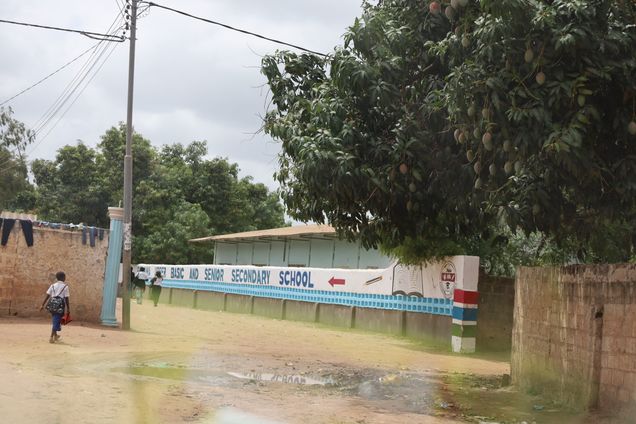Unit 4: Ousman Kijera 1
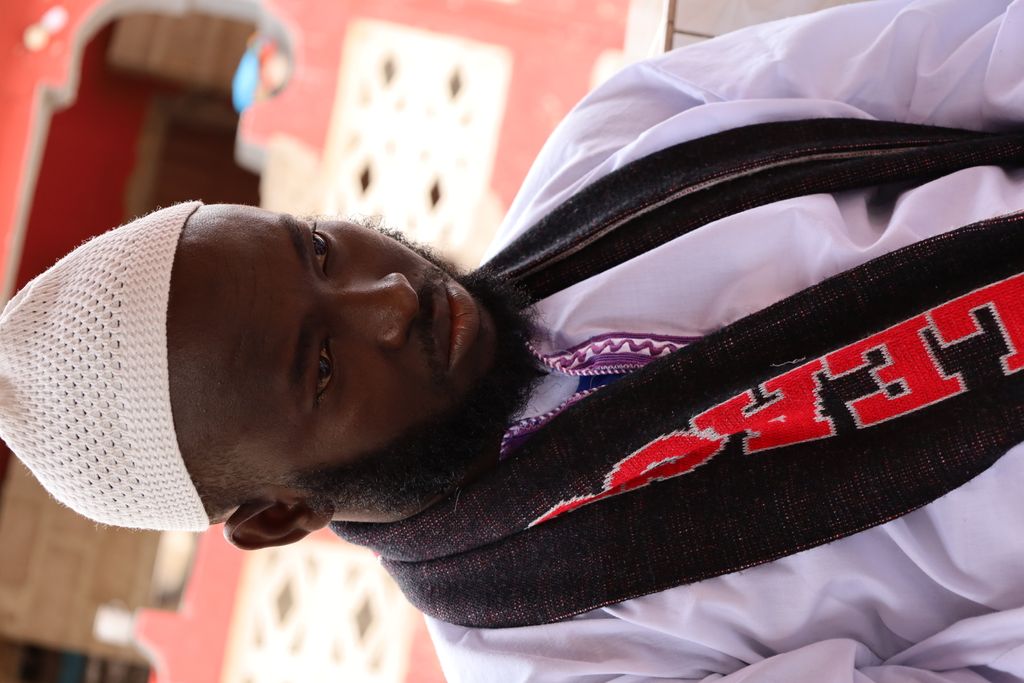
Metadata
| Title | Conversation with Ousman Kijera 1 |
| Interviewer | Fallou Ngom, Bala Saho |
| Subject | Mandinka Ajami poetry, poetic styles, performing poetry |
| Content | Ousman Kijera was born in 1989 in Banjul, the Gambia. He spent part of his Quranic studies in the Gambia and another part in Casamance, Senegal. He worked as a Quranic teacher for years. During those times, he spent ten years researching healing methods based on African medicine and Quranic methods of healing. He learnt the elders’ methods of healing based on plants and Islamic panacea, which helped him understand and practice many of them. He serves now as a Mandinka Ajami writer, poet, singer, and healer with a focus on plants and Islamic panacea. He has written on different topics related to culture, moral values, and African cultural rules. In this conversation, Ousman Kijera talks about how to write and recite Mandinka poems. |
| Language | Mandinka |
| Script | Mandinka Ajami |
| Location | Jeeda Kayrakunda, Birikama, The Gambia |
| Pedagogical content/application | Includes relevant linguistic, stylistic and cultural skills as identified in our assessment guidebook/ ACTFL guidelines |
| Access condition and copyright | These materials are subject to copyright and are distributed under the terms of the Creative Commons Attribution-NonCommercial 4.0 License, which permits non-commercial use, distribution, and reproduction in any medium, provided the original author and source are credited. For use, distribution or reproduction beyond these terms, contact Professor Fallou Ngom (fngom@bu.edu). |
| Contributors | Fallou Ngom, Daivi Rodima-Taylor, Bala Saho, Ablaye Diakite, Mamadou Aw Ndiaye, Ousmane Cisse, Alison Parker, and Frank Antonelli. |
| Required citation information | Fallou Ngom (PI), Daivi Rodima-Taylor, Bala Saho, Mamadou Aw Ndiaye, Ousmane Cisse, Ablaye Diakite, and other contributors. 2022. “Conversation with Ousman Kijera 1.” https://sites.bu.edu/ria/mandinka/mandinka-unit-4/ |
Videos
Mandinka with English Subtitles
Mandinka with Latin Script Subtitles
Community Images
(click on the image for a larger view)
Pedagogical Activities
Glossary
- Alfaa, alifaa: Respected person, leader, elder, ancestors, plural (alfaalu, alifaalu)
- Beŋ dulaa, bendulaa: Meeting point, meeting place, conference venue
- Daa-woo-daa: Anywhere, everywhere, each place
- Daala: Near, close to, next to, beside
- Fatata: Different, separated, weaned (for a child)
- Ka a lamoyi: To listen, wait
- Ka fatandi: To differentiate, distinguished, separate
- Ka ñakka: To reach, be in reachable distance
- Ka Suukuuwoo laa: To chant religious song, compose religious poetry
- Ka taama: To walk, travel
- Kaatuŋ, kaatu: Because, so
- Karaŋ ñaa or karanñaa: Reading style, reciting, singing style
- Kumakaŋo: Word, sound, plural (kumakaŋoolu)
- Mintoo: Where, which place
- Ñaadii: How
- Sako, soko: Let alone, much more
- Sila, siloo: Path, road
- Suukuulaalaa: A religious poetry chanter, poet plural (suukuulaalaalu)
- Suukuwo: Religious chant, religious song, chanting
- Suwandita: Distinguished, eminent
- Timpoo: Hard worker, plural (timpoolu)
- Tompu: Dot, period
- Yuruwandi, yiriwandi: To improve, develop, enhance, expand
Notes
- Bahroo: Poetic genre, poetic meter type from Arabic (baḥr). There are sixteen types of poetic meters in classical Arabic, which are all used in the Arabic and Ajami poetry of Mandinka scholars of Senegambia.
- Banjuuluu: The Mandinka pronunciation of Banjul, the capital of The Gambia. The Gambia is a multiethnic country. While Mandinka people dominate across the country, the Gambian variety of Wolof, which is strongly influenced by English, is more widely spoken in Banjul followed by Mandinka.
- Bayitoo: Mandinka poets also use the word bayitoo, which comes from the Arabic word (bayt), to refer to a poetic verse that consists of two hemistiches of equal length.
- Daayiraa: This is the name for religious organizations commonly found in Muslim communities across Senegambia. Their members meet periodically to listen to religious lectures, recitation and changing of Arabic and Ajami religious poems, and to celebrate religious events, including the Mawlid (the birthday of Prophet Muhammad). They provide many services to communities.
- Kamañaŋo: This is a small farm usually close to the main one in Mandinka communities in the Pakaawu area, the heartland and religious center of the Mandinka people of the southern Casamance region of Senegal. In Gambian dialect of Mandinka, the word kañamaŋo is more commonly used.
- Marsee: Market, from French (marché). Because French is the official language of Senegal, which surrounds The Gambia, both the Senegalese and Gambian dialects of Mandinka are influenced by French. However, the French influence is more significant in the Senegalese variety just as the English influence is more significant in the Gambian Mandinka dialect due the fact that English is the official language of The Gambia.
- Nasidoo: Someone who specializes in the recitation and chanting of the works of great master poets in Mandinka learning centers in Senegambia.
Exercises:
Comprehension || Writing || Listening / Speaking and Conversation || Cultural Competence
Comprehension: Video
Comprehension: Image
Writing
Listening / Speaking and Conversation
- Podkastoo niŋ Widewoo: Podkastoo ke ñiŋ widewoo kaccaa-kuma-kaŋoolu kunna, waraŋ i ye widewoo sutuŋoolu ke minulu be widewoo la kaccaa-kuma-kaŋoolu koyindi la.
Cultural Competence
- Teyaataroo safee aniŋ Mandinka safeeri-kuloolu la muŋ be aada kummaayaariŋo yitandi la.
